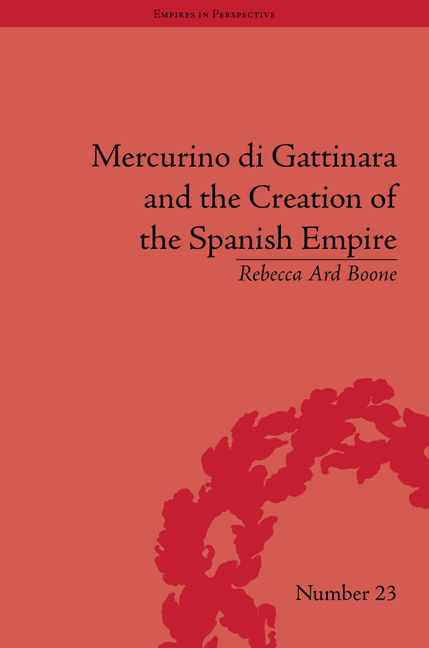5 - Gattinara, Guicciardini and the Treaty of Madrid
Summary
Ovid's Metamorphoses contains a poem narrating the fight between Ajax and Ulysses over the armour of Achilles after the Trojan War. The rivals argued about which carried more weight in war, arms or intelligence? The debate between Mercurino di Gattinara and his Burgundian adversaries over the Treaty of Madrid presented a sixteenth-century version of the same central question. The grand chancellor asserted, like Ulysses, that finesse rather than force would better serve the cause of domination. Two set speeches composed by Francesco Guicciardini in his Storia d'Italia described the debate. The Florentine historian set Gattinara's eloquence, acumen and predatory instincts against his more powerful but less savvy Burgundian opponent. The self-portrait of the grand chancellor in his autobiography did not differ greatly from that described by Guicciardini. Both descriptions of the debate over the treaty illustrate the common training and culture underlying the Italian practice of diplomacy in the Renaissance.
In his autobiography, Mercurino di Gattinara portrayed himself as a skilled advisor, shrewd diplomat, leading policymaker and prophet of imperial destiny. These qualities figured prominently in his depiction of the Battle of Pavia. He recounted how he took upon himself the entire burden and responsibility of the Italian war when Charles V succumbed to a fever in 1525. Having a calm mind and a trust in divine aid, but no money, he urged the imperial commanders to victory with nothing but ‘writings, counsel, persuasions … and the promise of honours and profit’.
- Type
- Chapter
- Information
- Publisher: Pickering & ChattoFirst published in: 2014



